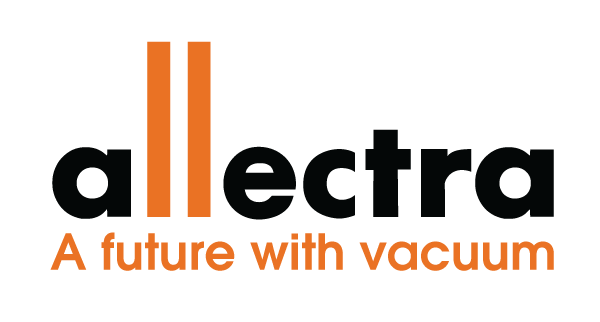Allectra has supplied M12 feedthroughs to a team from ETH Zurich competing in the Spaceport America cup.
The Spaceport America cup is the world’s largest competition for student-built sounding rockets. It started in 2017 and takes place at the Spaceport America in New Mexico where teams participate from all over the world. The competition is separated into 2 classes of altitude, 10000ft. (3048m) and 30000ft. (9144m) above ground level. Each of these altitudes has three subcategories for the propulsion type: Commercial solid motors, student built solid motors and student built hybrid and liquid motors. The rockets need to fly to these altitudes and subsequently perform recovery task with parachutes in order to safely return the vehicle, being reusable within a short time span.
This competition led students of ETH Zurich to found the “Akademische Raumfahrt Initiative Schweiz” (Swiss Space Initiative), in short ARIS, in the autumn of 2017. The goal of the association was to provide a platform for students from all over the German part of Switzerland to gain experience in the space industry and provide opportunities to build networks and create career opportunities into the future.
Allectra supplied M12 feedthroughs for the EULER rocket which is the third evolution of ARIS rockets and built on the experience gained through building TELL and then HEIDI. EULER is 3.56m long and has a diameter of 175mm. The rocket will fly a Cesaroni O8000 solid motor which will propel the rocket at a maximum acceleration of 18g to over Mach 2, reaching an altitude of 30000 ft. Precision is ensured by airbrakes that allow an increase in the drag of the rocket and subsequently the team can control the apogee. The mass of the rocket for a full scale launch to 30000 ft will be 66kg, while for the maiden launch in Switzerland which will be to 10000 ft the mass will be 34.6kg.
Paul Prantl, the Payload engineer, explains the vacuum experiment: “The goal is to fly positrons, the antimatter particle to the electron, with our rocket. For that, we develop a penning trap that is able to store them inside a vacuum tube. On the outside is a magnet ensuring that the positrons do not interact with the wall, while the axial way is blocked by electrodes. These electrodes are on the inside and need to be provided with voltage higher than the particles energy. The aim is that the positrons can be used to generate photons when they annihilate with an electron, creating an immense amount of energy in the process. This energy could be used for all kinds of future technologies, e.g. to propel an interstellar spaceship at extremely high speeds. Although this is a way in the future, it would be great to show that these particles can be stored in a mobile device and survive flight conditions.”
“I chose the Allectra M12 feedthroughs on a CF16 flange for the following reasons,” Paul continues. “Firstly, it is small enough to fit inside the small building space that I have available. Secondly, the material makes it light. Lastly, the availability of standard plugs on both sides made the connection to the electrodes inside much easier.”
The 2020 competition has been cancelled due to the COVID-19 pandemic and will return in 2021 but the EULER team are eager to launch and will fly the rocket in Switzerland to a lower altitude this month and then follow up with a full scale launch to 30000ft in October.
“This competition is important to us as students, allowing us to contribute from all levels in such an interdisciplinary project” says Paul. “I got the opportunity to build the payload for project EULER as my master thesis, while the team will show that we can build rockets that break the sound barrier. In parallel we started our own hybrid engine development in the autumn of 2018 and achieved our first firing in winter 2019. In our second iteration we are currently, upgrading the thrust from 500 N to 5000 N aiming for a first competitive flight of our hybrid at the Spaceport America in 2021.”
Find out more:
